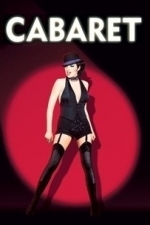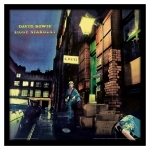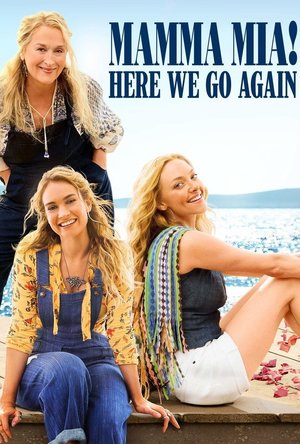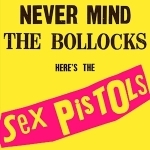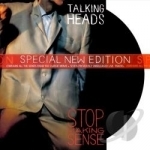Neil Tennant recommended Cabaret (1972) in Movies (curated)
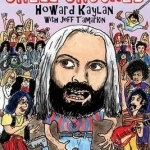
Shell Shocked: My Life with the Turtles, Flo and Eddie, and Frank Zappa, Etc...
Howard Kaylan, Jeff Tamarkin and Penn Jillette
Book
If Howard Kaylan had sung only one song, the Turtles' 1967 No. 1 smash hit "Happy Together", his...
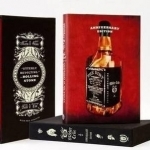
The Dirt: Confessions of the World's Most Notorious Rock Band
Tommy Lee, Vince Neil, Nikki Sixx and Mick Mars
Book
"Without a doubt, it is the most detailed account of the awesome pleasures and perils of rock and...

MakeupPlus - Virtual Makeup
Beauty, Photo & Video and Utilities
App
MakeupPlus is the perfect virtual makeup try-on app. With MakeupPlus, you can give yourself a full...
Daniel Boyd (1066 KP) rated The Rise And Fall Of Ziggy Stardust And The Spiders From Mars by David Bowie in Music
Nov 2, 2017 (Updated Oct 26, 2018)
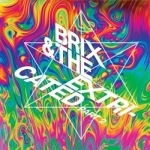
Part 2 by Brix & the Extricated
Album Watch
Brix & The Extricated release their highly anticipated debut album Part 2 on 22nd September...
rock
Awix (3310 KP) rated Mamma Mia: Here We Go Again! (2018) in Movies
Oct 10, 2018
I don't know, it's jolly enough I suppose, but one of the things that made the first one so distinctive was the fact it was about randy middle-aged people murdering classic pop songs, which you don't see much of in the cinema. This one is more about randy young people, which is much more commonplace and rather less fun. Also, when I watch a Mamma Mia film I want to see Pierce Brosnan murdering a song, not just being reduced to contributing the odd chorus and standing around in the background. Fairly inoffensive all in all, and quite entertaining.
Nick Rhodes recommended Never Mind The Bollocks, Here's The Sex Pistols by The Sex Pistols in Music (curated)
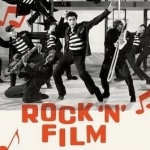
Rock 'n' Film: Cinema's Dance with Popular Music
Book
Rock 'N' Film presents a cultural history of films about US and British rock music during the period...
